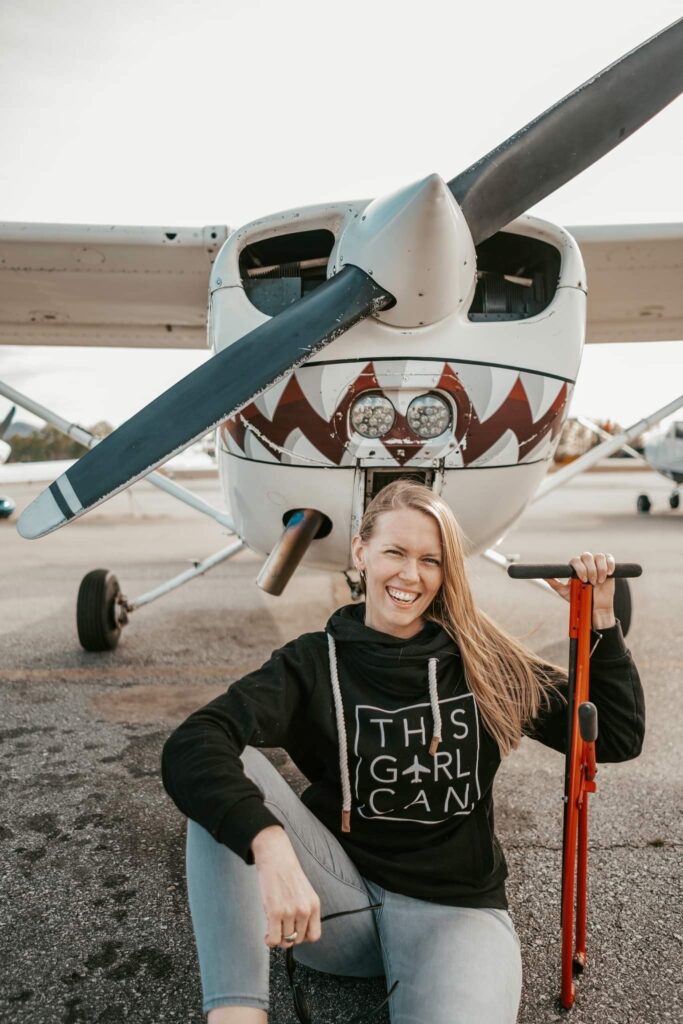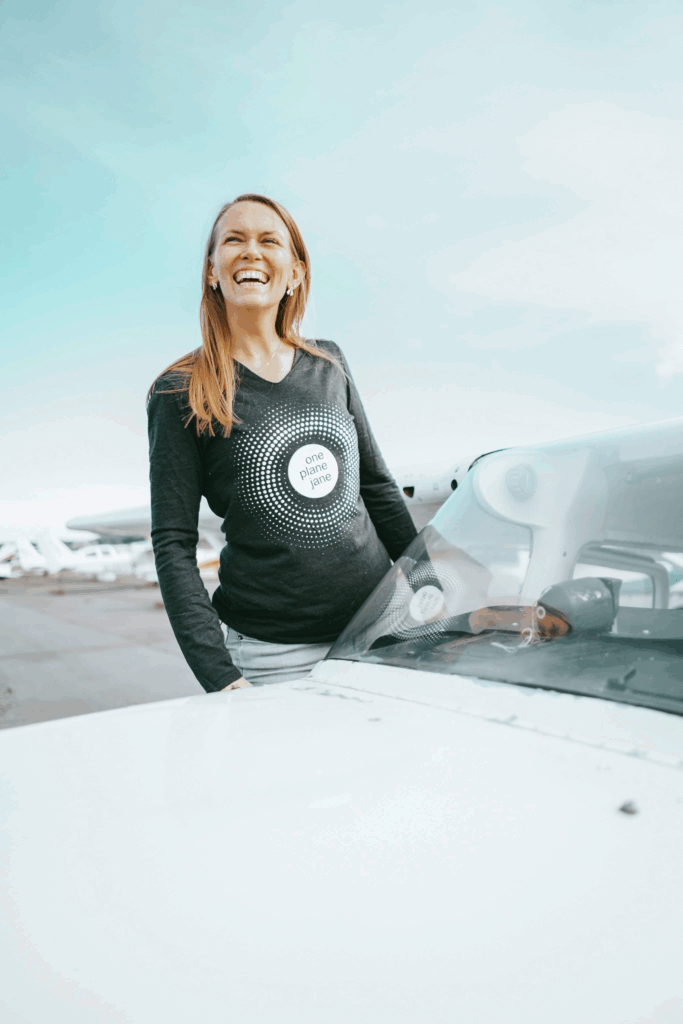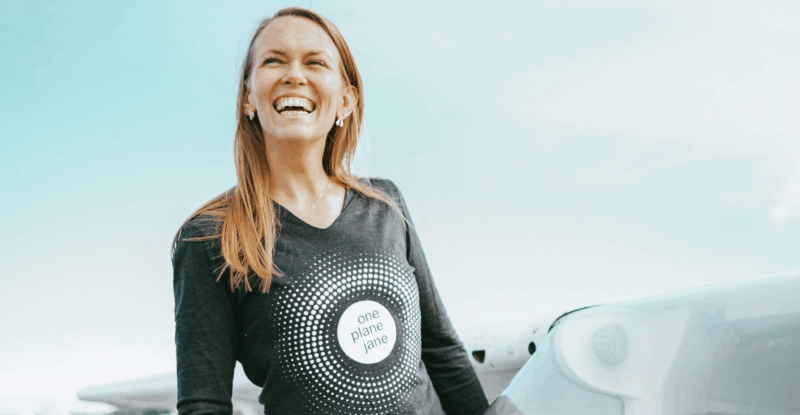 Christine Hannon, a private pilot who serves as head of training and compliance at aviation software specialist FL3XX, has sage advice for anyone considering an aviation career:
Christine Hannon, a private pilot who serves as head of training and compliance at aviation software specialist FL3XX, has sage advice for anyone considering an aviation career:
“If you want to fly a commercial plane, first do two things. Get a first-class medical and put on an oxygen mask in the cockpit. Even though the first-class medical is not required for student pilots, you should know you are able to obtain one. And if you get claustrophobic putting on a quick-don oxygen mask in the cockpit, this is not the right job for you.
“Next, get two mentors, one about five years ahead of you and one about 20 years ahead of you. It is not fair to compare your beginning to someone else’s middle or end, so it is nice, psychologically, to have a role model who is thriving in your dream job and it is also great to have someone just a few steps ahead of you and who remembers where you are now.”
A fierce advocate for women in aviation, Hannon is responsible for the strategy, development, delivery, and continuous improvement of FL3XX’s training programs for customers and internal teams.
She is also a member of Women in Aviation International and works with The Ninety-Nines and Girl Scouts Overseas, raising the visibility of aviation careers and STEM opportunities for girls and young women.
“I always knew I wanted to travel, but no one ever mentioned to me the possibility of a career in aviation. And it was not until my mid-twenties that I realized the importance of women seeing other women in various careers to understand what is possible,” she says.
As tennis great Billie Jean King says, “if you can see it, you can be it.”

Christine Hannon ‘fell in love with aviation’ and works hard to increase the visibility of industry opportunities among girls and young women. Image: Christine Hannon
Hannon was lucky to be surrounded by positive role models. As a young girl, she regarded her father’s cousin — “who was always like an aunt to me” — as a mentor. “She’s still one I turn to often and, as a mother myself, I feel the gender connection more now because of the emotional component,” Hannon confides.
“Through my adolescence and early adulthood there were also three men who treated me like a daughter, mentoring me, teaching me, and always opening the door for introductions with work in government, aviation, and business.”
After studying international relations and Arabic, Hannon wanted to work for the US government but graduated in an election year when there were hiring freezes. Instead, she reveals, “I sold my car and moved to Egypt for a few months, then became a personal trainer when I moved back to the US.”
Later, she went to work on the ramp for Delta, expecting only a brief spell in aviation. Instead, she says, she fell in love with the industry and decided to go after a leadership role.
Flying came soon after. “A pilot wisely suggested that if I wanted to lead, I should learn to fly, since the captain is the pilot in command, the epitome of leadership in aviation.
“Later, it was challenging to decide not to pursue a career as a pilot, but ultimately it was a quality-of-life decision to pack my suitcase when I wanted to and not when crew scheduling dictated.”

Now head of training and compliance at FL3XX, Hannon also owns one plane jane, an apparel business creating products ‘inspired by female aviators’ and designed to ‘empower women’. Image: Christine Hannon
Considering opportunities for women in aviation, Hannon believes more women are coming into technical and operational roles owing to their increased visibility.
“These jobs also provide an attractive option to do something you love with more flexibility for where and when it gets done,” she says. “With the rise of AI, we will certainly see more automation in work, including aviation. Technical skills will be more easily obtained, putting the competitive advantage of our future workforce in emotional intelligence.”
She hopes that in time opportunities will not need to be qualified by gender, but cautions: “It is still a living memory of older generations when women did not have the same rights as men.
“Until that memory no longer exists, the promotion of gender equality will continue. Unfortunately, we have seen that history sometimes does move in reverse.”
Related Articles:
- How Maseka Kithinji is making aviation accessible to girls in Africa
- Maintenance manager Denise Buklis on finding the right fit in aviation
- Airbus’ Nicole Dreyer-Langlet details her journey in leadership
- The story of Captain Qadar Sarfraz and her digital pilot academy
Featured image credited to Christine Hannon









